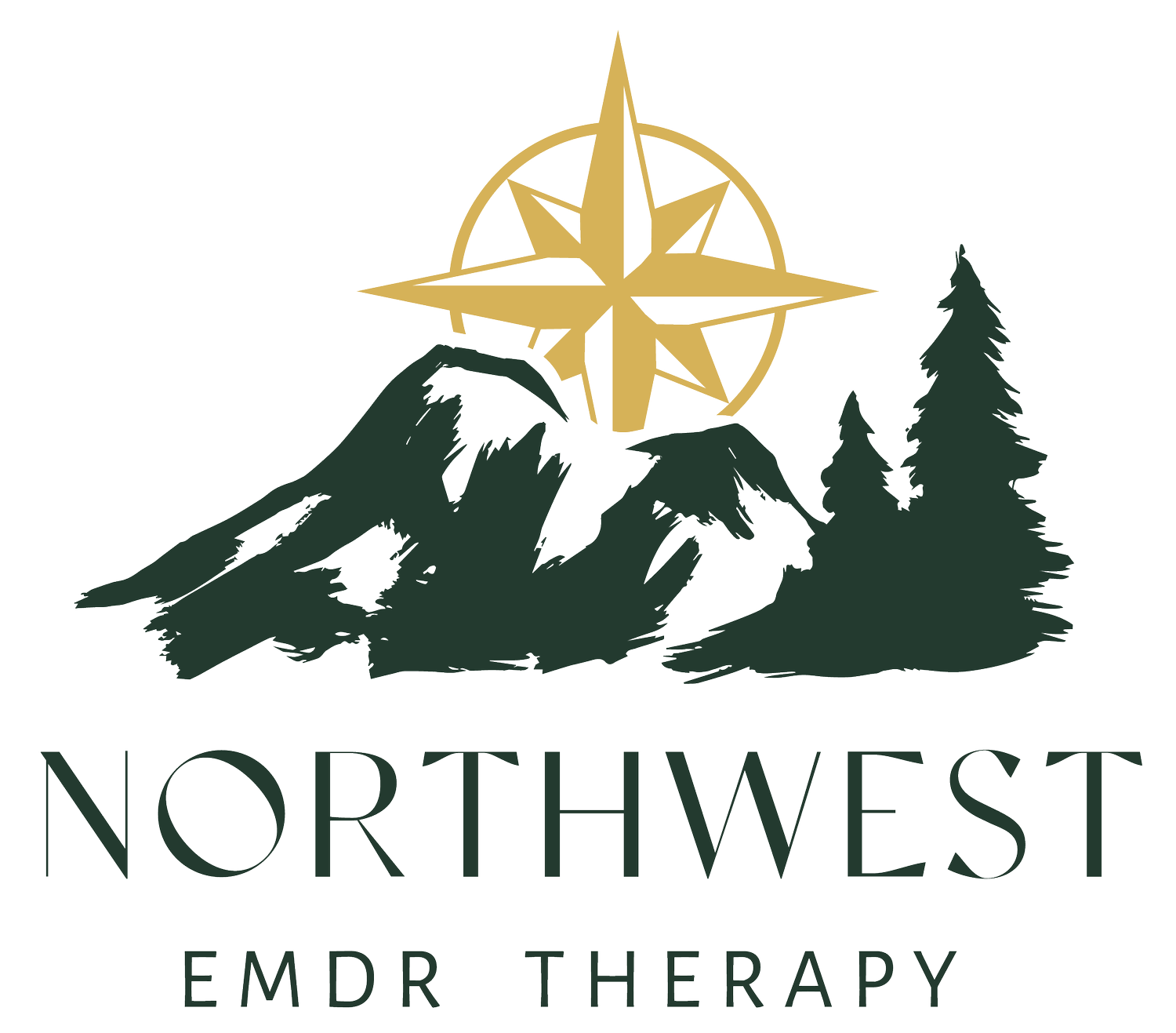CPTSD
Welcome to NorthWest EMDR Therapy’s comprehensive guide on Complex PTSD (CPTSD). Our clinic is dedicated to providing personalized, patient-centered care for those grappling with the long-term emotional and psychological effects of chronic trauma. Specializing in Eye Movement Desensitization and Reprocessing (EMDR), among other treatments, we offer a tailored approach designed to address the unique complexities of CPTSD. Whether you or a loved one is navigating the challenges of this condition, our committed team is here to guide you through your therapeutic journey toward a better quality of life.

What Is CPTSD?
Complex PTSD (CPTSD) is a psychological condition that arises from prolonged exposure to emotional or physical trauma. Unlike traditional PTSD, which often results from a single traumatic event, CPTSD is characterized by ongoing, chronic trauma that may involve varying types of abuse, neglect, or extreme stress. Individuals with CPTSD frequently experience symptoms that extend beyond those of traditional PTSD, including emotional regulation difficulties, low self-esteem, and dysfunctional relationships.



How Is CPTSD Diagnosed?
Diagnosis of CPTSD is a complex process, often requiring comprehensive evaluations by qualified mental health professionals. While the DSM-5 does not currently acknowledge CPTSD as a distinct condition, the ICD-11 does recognize it, and some clinicians are beginning to diagnose it accordingly. To diagnose CPTSD, a clinician must first confirm the presence of core PTSD symptoms. Additional indicators include issues with emotional self-regulation, persistent feelings of shame or guilt, and difficulties in forming stable relationships.
CPTSD vs. PTSD
Though closely related, CPTSD and PTSD have notable differences. PTSD often stems from a single traumatic event and is more acute. CPTSD, however, is linked to prolonged or repetitive trauma, leading to more persistent and complex symptoms. Notably, CPTSD includes challenges with emotional regulation, relationship difficulties, and pervasive negative self-view—symptoms not necessarily present in PTSD.
Complex PTSD Symptoms
Symptoms of CPTSD can be more enduring and extreme compared to those of PTSD. Common manifestations include:
- Emotional flashbacks
- Derealization or depersonalization
- Low self-esteem
- Feelings of worthlessness
- Suicidal ideation
- Difficulty in maintaining relationships
Causes of Complex PTSD
CPTSD often originates from long-lasting trauma such as childhood abuse, domestic violence, or being a prisoner of war. Early exposure to such traumatic conditions significantly increases the likelihood of developing CPTSD later in life. Social inequities and lack of access to mental health services may also contribute to the complexity and persistence of the symptoms.
Our Complex PTSD Treatment
At Northwest EMDR Therapy, our cornerstone treatment for CPTSD is Eye Movement Desensitization and Reprocessing (EMDR). While we do offer a multi-faceted approach that can include psychotherapy and medication, EMDR stands out as particularly effective for the complex challenges associated with this condition.
This evidence-based method targets the distressing memories that fuel CPTSD symptoms, helping you to process them in a healthier way. Our primary aim is to guide you through a therapeutic journey explicitly tailored to your history and symptoms, utilizing EMDR as a core part of that journey to ultimately improve your quality of life.



Other Helpful Resources For Dealing With CPTSD
We believe in holistic healing and supplement our treatments with resources that equip you for long-term recovery. We recommend books, online courses, and community support groups specifically designed for individuals dealing with CPTSD.
Make an Appointment with a Complex PTSD Therapist Today!
If you or a loved one is struggling with CPTSD, it’s never too late to seek help. Contact Northwest EMDR Therapy today to schedule an appointment with a qualified therapist skilled in the complexities of treating CPTSD. With the proper guidance and treatment, it is possible to navigate the complexities of this condition and move towards a fulfilling life.
